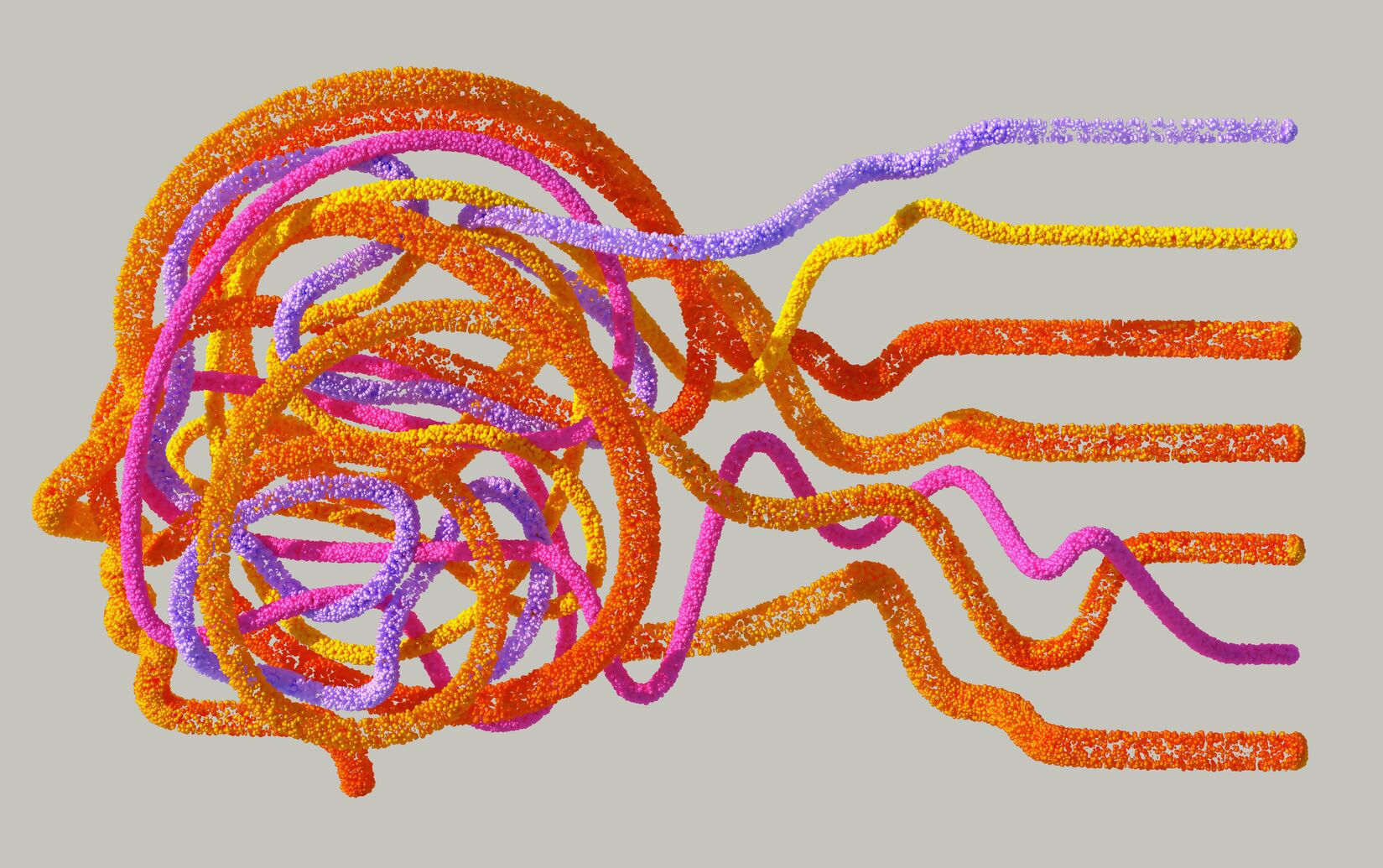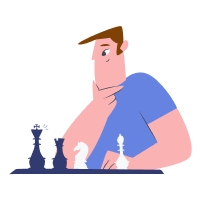Stop Feeling Tangled! What Cognitive Dissonance Is & How to Deal With It
Jerry Lead Contributor / Oct 29, 2025
If you’ve ever had experiences like “knowing staying up late is bad for your health, but still can’t stop scrolling on your phone until midnight,” or “after buying an expensive piece of clothing, keep telling yourself ‘it’s good quality and worth it’”—then you’ve already come across “cognitive dissonance.” This psychological concept sounds a bit academic, but it’s actually hidden in our daily choices and struggles.

Today, let’s talk about it in a down-to-earth way to answer three key questions: What exactly is cognitive dissonance? Why do we experience it? Is it all bad, and how can we deal with it?
What is Cognitive Dissonance?
Cognitive Dissonance is a theory proposed by psychologist Leon Festinger in 1957. Simply put, it’s the uncomfortable mental tension we feel when two (or more) things in our mind conflict—this could be conflicting thoughts (like “I want to save money” vs. “I love buying new shoes”), conflicting attitudes (like “I think lying is wrong” vs. “I lied to my friend to avoid trouble”), or actions that don’t match our thoughts (like “I know sugar is bad for me” vs. “I eat a cake every day”).
Is Cognitive Dissonance Rare?
Cognitive dissonance isn’t rare—it happens to everyone, especially in daily small choices. For example, you might have a thought that “eating healthy is important,” but when a friend invites you to eat hot pot, you can’t resist eating three plates of fatty beef and drinking two cups of iced milk tea. Afterward, you might feel annoyed or tangled, and even make excuses like “it’s okay to eat like this once in a while—that uncomfortable feeling is cognitive dissonance. As a student, you might also face it: you plan to “review for exams today,” but end up binge-watching dramas or playing games all day. Before bed, you feel anxious and comfort yourself by saying “I was too tired today; I can study tomorrow instead”—this is also cognitive dissonance, since your planned thought conflicts with your actual action.

Why Do We Experience Cognitive Dissonance?
The answer is simple: our brains hate conflict. Think of your brain as a “lazy person who loves harmony”—it likes to keep your thoughts, attitudes, and actions consistent, because this way, it doesn’t have to work hard to deal with contradictions. When something breaks this harmony (like “I want to be healthy” but “I eat junk food”), your brain feels “something is wrong”—it’s like having a small thread stuck on your clothes, and you’ll want to get rid of it right away.
To ease that uncomfortable tension, your brain usually uses three “little tricks,” and you might not even notice you’re using them.
The first trick is to change your action to match your thoughts—this is the most direct way. For instance, if you realize “staying up late is bad for me, but I’m still scrolling on my phone,” you can turn off your phone and go to sleep immediately, though this often needs a little self-control.
The second trick is to change your thought to fit your action. For example, if you buy an expensive shirt and feel “it’s a waste of money,” you might convince yourself “this shirt can be worn for years—it’s cost-effective!” or “it makes me look more stylish than cheap ones.” This way, your thought (“it’s worth it”) matches your action (“I bought it”), and the conflict is gone.
The third trick is to add a new thought to balance the conflict. If you know “smoking is bad for health” but still smoke, you might tell yourself “My uncle smoked for 30 years and is still healthy” or “Smoking one cigarette helps me relax after work.” This new thought doesn’t fix the problem, but it makes the contradiction feel less uncomfortable.

Is Cognitive Dissonance All Bad?
No—it’s not a “mental problem.” It’s a normal reaction, and it can even be helpful. Cognitive dissonance can be a “motivation signal” that pushes you to change. For example, you might have always thought “exercising is useless,” but one day you go running with a friend and later find your sleep is better and you have more energy. Now, your old thought (“exercising is useless”) conflicts with your new experience (“exercising helps”), and this discomfort pushes you to rethink “Maybe exercising is valuable!” Then you start to exercise regularly—that’s how cognitive dissonance helps you grow.
But cognitive dissonance can also trap you in excuses if you only use “adding new thoughts” to ease the tension. For example, if you fail an exam, you might not reflect on “Did I use the wrong review method?” Instead, you say “The questions were too hard—everyone did badly.” You’ll feel better temporarily, but the problem won’t be solved, and you might face the same trouble next time.
Final Thoughts
Cognitive dissonance is just your brain’s way of saying “something here doesn’t fit.” It’s a reminder to either adjust your actions (like stopping staying up late), update your thoughts (like accepting that “exercising is helpful”), or find a reasonable balance. Next time you feel “I know what’s right, but I’m not doing it” or “I regret what I did,” stop and ask yourself “Am I experiencing cognitive dissonance?” Answering that question can help you feel less tangled—and more clear-headed about what to do next.
Disclaimer
Any assessments and their associated content on this website, regardless of date, are not intended to replace direct medical advice from your physician or other professional. If you experience severe or persistent symptoms, please consult a licensed mental health professional or healthcare provider.












